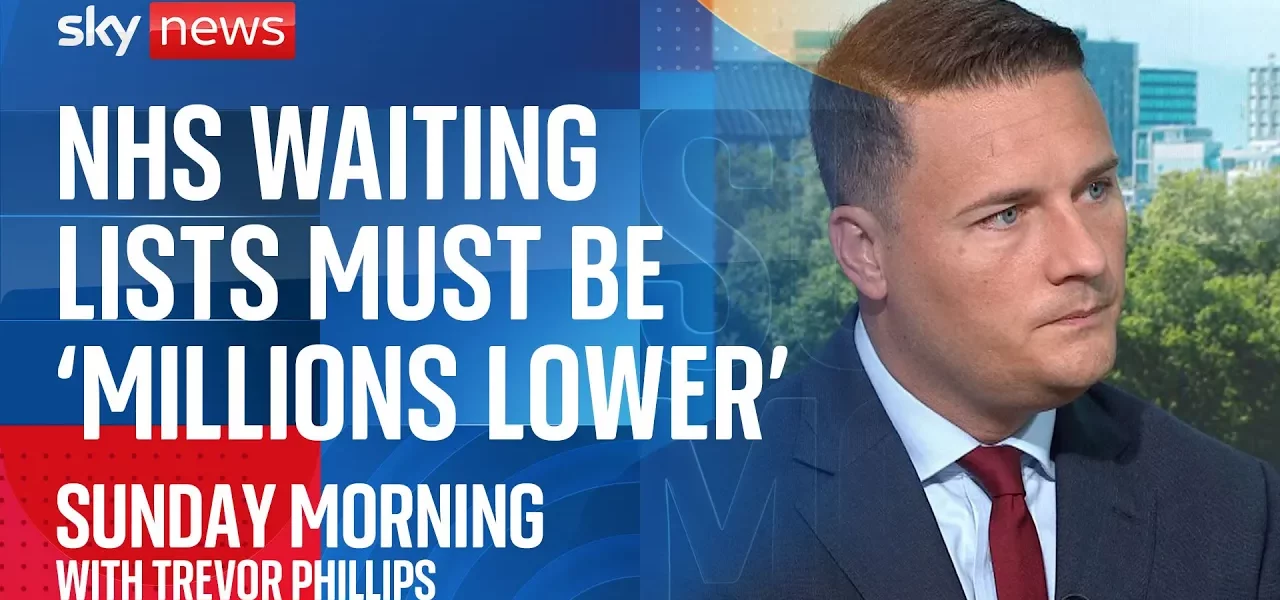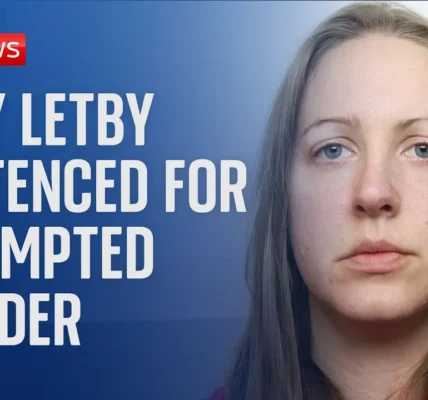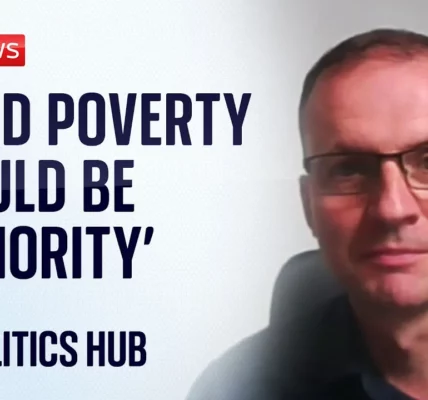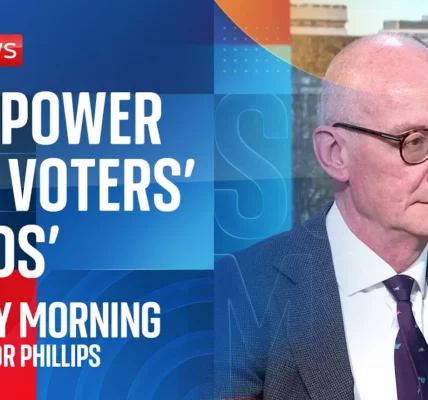West Streeting Discusses Winter Fuel Allowance and NHS Challenges

In this article, we delve into the insights shared by Health Secretary West Streeting regarding the winter fuel allowance, the state of public finances, and the significant challenges facing the NHS. As government policies continue to evolve, understanding the implications for pensioners and healthcare is crucial for the public.
Introduction
The recent comments made by Health Secretary West Streeting have sparked significant discourse regarding the government’s approach to public spending and healthcare. Particularly, Streeting addressed the contentious issue of the winter fuel allowance amid a backdrop of a £22 billion black hole in public finances inherited from the previous administration. This article will explore his views on fiscal responsibility, the welfare of pensioners, and the urgent need for reform within the NHS.
The Winter Fuel Allowance Debate
The winter fuel allowance remains a hot-button issue, particularly in the context of financial constraints facing the government. West Streeting emphasized that the decision to vote on this allowance is rooted in a broader need to stabilize public finances.
Reasons for the Vote
Streeting articulated that the £22 billion deficit is a significant burden that the government must address. He criticized the previous government for an unprecedented level of fiscal irresponsibility, which included:
- Excessive spending of the national reserve.
- Failure to implement sustainable financial practices.
- Leaving a legacy of unfunded commitments and tax cuts.
The Impact on Pensioners
While discussing the winter fuel allowance, Streeting acknowledged the implications for pensioners, particularly those who may be less affluent. He reassured that the government remains committed to protecting essential services and support mechanisms, such as:
- Triple lock on pensions.
- Free healthcare services, including prescriptions.
- Targeted financial support for vulnerable demographics.
Challenges Facing the NHS
Streeting’s conversation also highlighted the pressing issues within the National Health Service (NHS), particularly with regard to waiting times and the need for reform.
The NHS Crisis
According to Streeting, the NHS is currently facing significant challenges, which he characterized as being ‘broken but not beaten.’ His remarks were underpinned by a recent report from Lord Darry, which indicated that:
- The NHS requires substantial investment alongside systemic reforms.
- Without an accurate diagnosis of the problems, effective solutions cannot be implemented.
Addressing Waiting Lists
One of the most pressing issues is the backlog of NHS waiting lists. Streeting acknowledged that at the current rate, it could take until 2039 to return to pre-pandemic levels. His commitment to reducing these wait times included:
- Investment in additional resources.
- Collaboration with junior doctors to enhance service delivery.
- Utilizing private sector capacity where appropriate to alleviate pressure on the NHS.
Future of the NHS
Looking ahead, Streeting outlined his vision for the NHS, focusing on three key shifts to ensure sustainability and efficiency:
Shifts Needed for Improvement
- From Hospital to Community: Enhancing community care services to reduce pressures on hospitals.
- From Analog to Digital: Implementing cutting-edge technology to streamline operations.
- From Sickness to Prevention: Fostering a proactive approach to healthcare to minimize long-term costs and improve public health.
Streeting emphasized that these reforms are not merely aspirational but necessary for the future of the NHS and public health in general.
Conclusion
In conclusion, Health Secretary West Streeting’s insights provide a comprehensive look at the current challenges and future strategies for the UK government regarding public finance and healthcare. The decisions surrounding the winter fuel allowance are indicative of a broader strategy aimed at stabilizing finances and ensuring sustainability in public services. As the government prepares for upcoming reviews and reforms, stakeholders and citizens alike must stay informed and engaged in these critical discussions. For more information on related topics, check out our articles on public finances and NHS reforms.
“`




